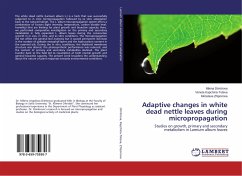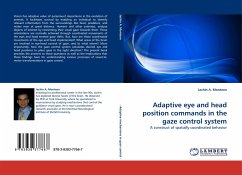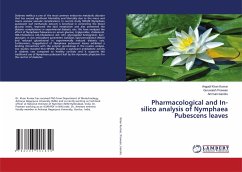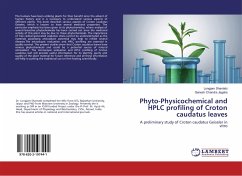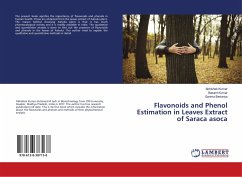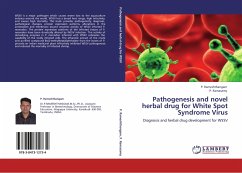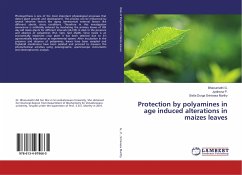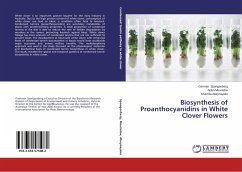The white dead nettle (Lamium album L.) is a herb that was successfully subjected to in vitro micropropagation followed by ex vitro adaptation back to the natural habitat. The L. album micropropagation system offers a combination of factors (light intensity, temperature, carbon dioxide level, humidity) that are limiting for plant growth and bioactive capacity. Here, we performed comparative investigation on the primary and secondary metabolism in fully expanded L. album leaves during the consecutive growth in in vivo, in vitro, and ex vitro conditions. The micropropagation did not affect the general leaf anatomy but it caused permanent decrease in the number of palisade mesophyll layers and the hydrocarbon content in the essential oils. During the in vitro conditions, the thylakoid membrane structure was altered, the photosynthetic performance was reduced, and the content of primary and secondary metabolites declined. The plant transfer back to the field led to resumption of bothnormal growth and general bioactive capacity. The present work broadens the understanding about the nature of plant responses towards environmental conditions.
Bitte wählen Sie Ihr Anliegen aus.
Rechnungen
Retourenschein anfordern
Bestellstatus
Storno

